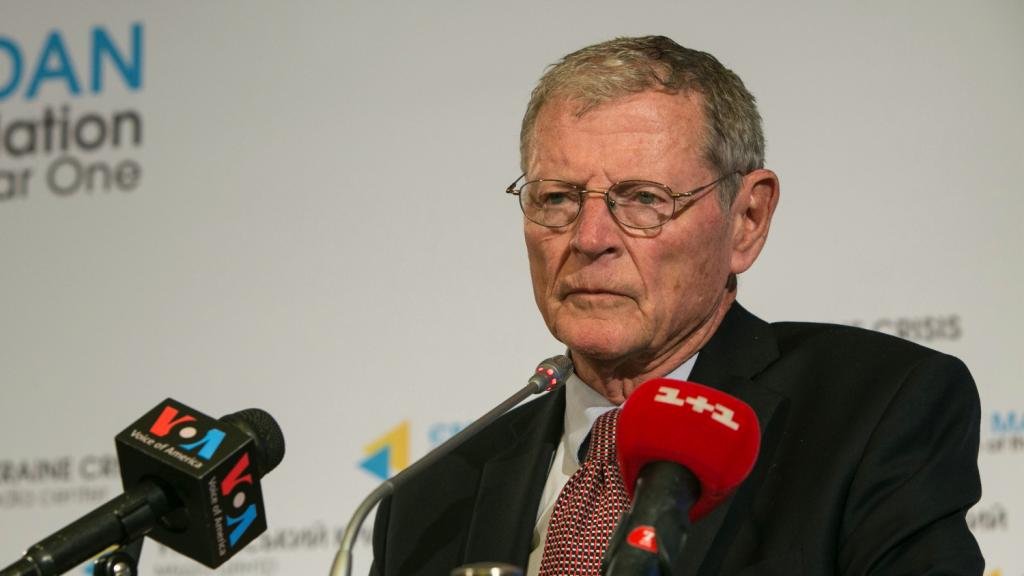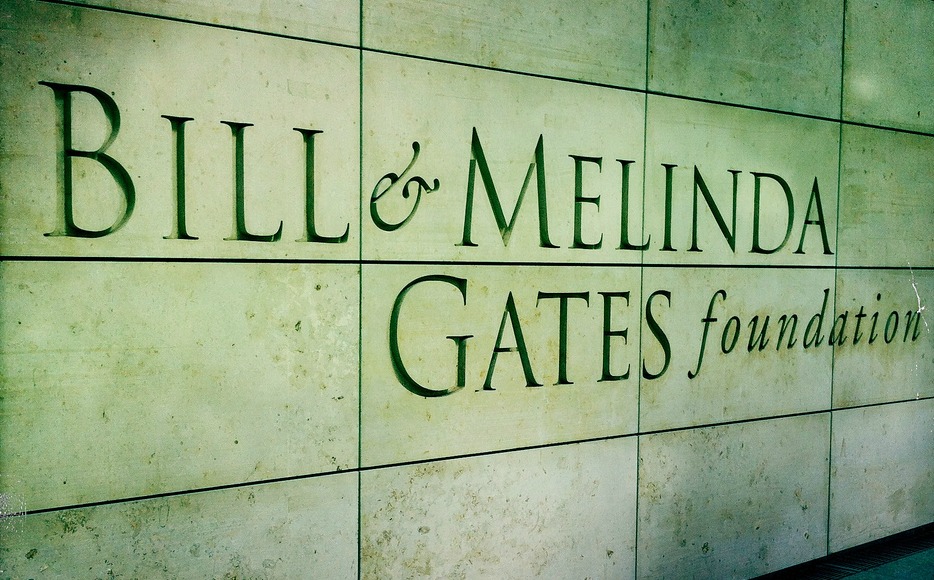In their latest annual letter, Bill and Melinda Gates make some audacious predictions. Their main bet: “The lives of people in poor countries will improve faster in the next 15 years than at any other time in history. And their lives will improve more than anyone else’s.”
They are making bets for the next 15 years because it’s the 15-year anniversary of the Gates Foundation. And it seems the Gates are doubling down. This matters because the predictions made by the Gates are backed by tremendous resources — the things they say tend to make changes happen. They wrote:
We’re putting our credibility, time, and money behind this bet — and asking others to join us — because we think there has never been a better time to accelerate progress and have a big impact around the world.
Not only does the Gates Foundation give out more aid than most countries, it also affects the way that other charities and nations direct their resources. Bill and Melinda Gates have a lot of powerful allies — for example, at the foundation’s request, a half-dozen notable people have already responded to the letter with supportive videos, from food-movement chef Jamie Oliver to Bush/Ralph Lauren family double-scion Lauren Bush Lauren.
I’m interested in these predictions because the changes we need to make human civilization sustainable all depend on one critical linchpin: dramatically reducing poverty. And so I’m keen on learning about the people who are actually doing something, and in the methods they choose.
What are the Gateses planning on? It’s not too surprising that they expect to see payoffs in the areas they’ve already been working: health, agriculture, and education. Here are some of their predictions for 2030:
- We will completely eliminate polio, elephantiasis, river blindness, blinding trachoma, and guinea worms.
- We cut the percentage of children who die before age 5 in half.
- We figure out a way to beat malaria (but it’ll take us longer to actually do it).
- Poor rural farmers will be getting loans via cellphone.
- Street vendors in poor countries will be taking online classes.
- Africa will feed itself.
That last point is of particular interest to me, as someone immersed in an effort to figure out how we are going to feed ourselves without wrecking the planet. And Africa has been particularly intractable. In other parts of the world, farmers have raised their standard of living by producing more food. But nothing people try in Africa seems to work in the long term. And yet the section of the Gates letter on farming is focused entirely on the bet that Africa will be able to feed itself by 2030.
By growing more varied and nutritious food and getting it to the people who need it at the right time, Africa can achieve food security by 2030. It will still import food when it makes sense to do so, but it will also export much more, eventually achieving a net positive trade balance. Famine will strike less often — and when it does, it will be African countries that take care of the response.
How? By giving farmers there technologies that already exist — better fertilizer, and better varieties of plants bred for nutrition and hardiness. By improving mobile-phone banking (so that farmers don’t have to rely on usurious loans and dishonest grain buyers). By paying for more agricultural extension agents (farmer trainers), and making sure they cater to women. And finally, by building basic infrastructure, so that crops can make it to market. They note:
The Democratic Republic of the Congo is the size of Western Europe, with a population of more than 60 million, but it has fewer than 2,000 miles of paved roads — the same amount as any middle-sized Western European town.
The key, says Harvard professor Calestous Juma in his response to the letter, is to treat African farmers like entrepreneurs.
That’s a position echoed by Agnes Kalibata, the leader of the NGO Alliance for a Green Revolution in Africa. As she points out, sometimes the technology needed to make a farmer an entrepreneur is pretty basic.
All this talk of entrepreneurs is a clue to the underlying theory here: Bill and Melinda Gates are betting that markets cure poverty, and Africa is held back by market failures. The lack of infrastructure keeps markets from working — if there were roads, grain could find its way to the best price. Profiteering middlemen and usurers keep markets from working — if farmers had the means to check prices or interest rates before bargaining with a grain buyer or a banker, they would take home more money. Lack of schools and public health keeps the markets from working — without knowledgeable and able-bodied people, economies choke. Remove these barriers and the engine of market economics will finally start humming, and these poor countries will take off.
At least that seems to be the thinking, and hey, economic growth really does have a great track record of reducing poverty around the world, from Chile to China. Still, none of this addresses what I see as another market failure: The fact that economic growth often leaves behind a section of the population trapped in poverty for generations. But maybe that’s a problem for governments, rather than philanthropy.



